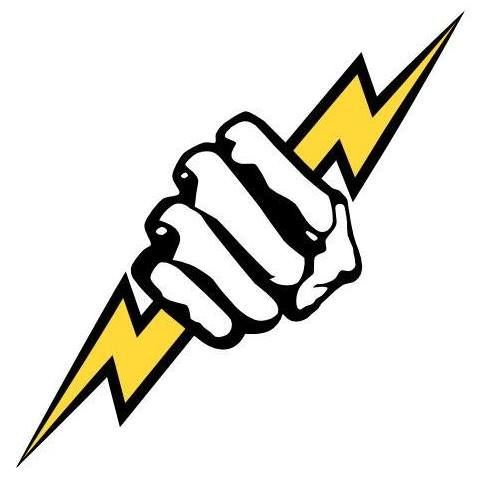Jeremy Zehring
10 Essential Electrical Safety Tips for Homeowners
Sep 03 2025 20:30
Introduction: Electricity powers our lives, but it can also pose significant risks if mishandled. Understanding basic electrical safety measures is crucial in preventing accidents, injuries, and potential house fires. With the right knowledge, homeowners can ensure a safe living environment.
- GFCI Outlets: Install Ground Fault Circuit Interrupter (GFCI) outlets in wet areas like kitchens and bathrooms to prevent electric shocks. Test your GFCIs monthly and consider professional installation for optimal safety.
- Regular Inspections: Schedule routine electrical inspections with a licensed electrician. Signs of potential hazards include flickering lights or breakers that frequently trip. Regular assessments can prevent serious issues caused by outdated wiring or faulty connections.
- Emergency Preparedness: Have an emergency plan for electrical issues, including knowing how to shut off power and ensuring fire extinguishers are easily accessible. Keeping emergency contacts handy is also crucial for swift action.
- Safe Extension Cord Use: Extension cords are temporary solutions and should not replace permanent wiring. Use the right cord for the job, keep them out of high-traffic areas, and avoid connecting multiple cords together.
- Understanding Breakers and Fuses: Circuit breakers and fuses safeguard your home’s electrical system. Know how to reset them and label breakers clearly for easy identification. Replace old fuses with the correct type.
- Childproofing Outlets: Protect children with outlet covers and tamper-resistant outlets. Educate them about electrical safety to reduce the risk of shocks.
- Preventing Overloaded Circuits: Overloaded circuits can cause warm outlets and tripping breakers. Distribute appliances across circuits and consider an electrical panel upgrade if necessary.
- Proper Light Bulb Use: Use correct wattage bulbs to prevent overheating and fires. Choose energy-efficient bulbs and dispose of broken ones safely.
- Appliance Safety: Unplug appliances when not in use and avoid using those with damaged cords. Regularly clean filters and check for recalls to ensure safe operation.
- DIY Electrical Work: Avoid DIY electrical repairs and shut off power at the breaker if necessary. Know your limits—leave complex jobs to professionals.
Conclusion:
Vigilance in electrical safety protects your property and loved ones. Implement these tips and consider professional inspections for added peace of mind.
Call to Action: Visit our website for more safety tips, resources, or to connect with a licensed electrician. Share this blog to spread awareness of electrical safety.

